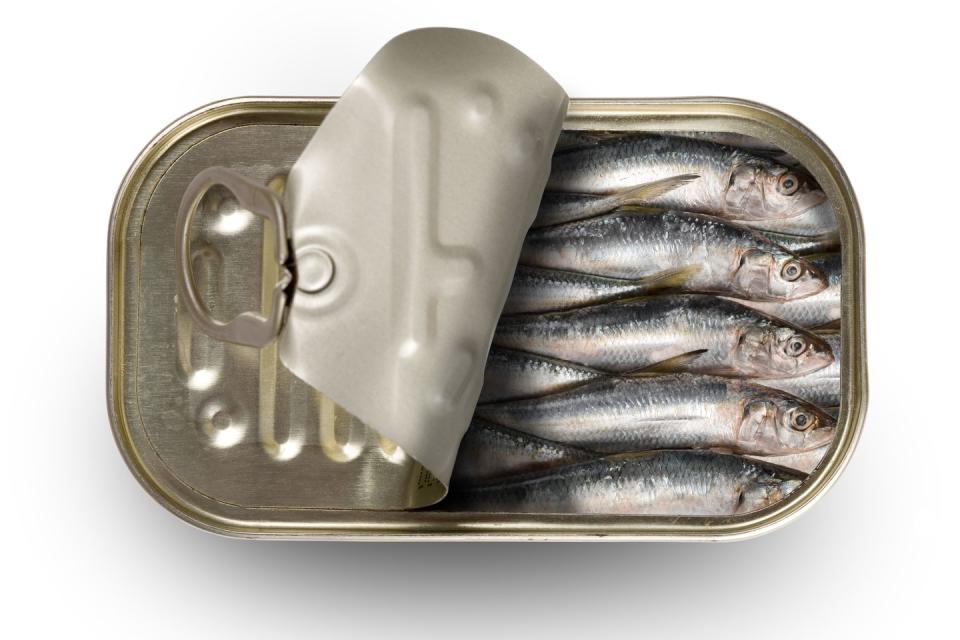The 13 Best Foods for Vitamin D














The 13 Best Foods for Vitamin D
If you think vitamin D is only necessary for building and maintaining strong bones, think again. While this fat-soluble vitamin—which is sometimes referred to as the “sunshine vitamin” because it is naturally produced in the body when the sun’s ultraviolet rays are absorbed into the skin—is vital for bone growth and a deficiency of it could lead to bone-related conditions (like fractures and osteoporosis), it holds other essential health benefits, too.
“Every type of tissue and cell in the body has receptors for vitamin D or its metabolites,” says Julie Upton, MS, RD, co-founder of Appetite for Health. “It’s known to help regulate some 2,000 genes that control everything from appetite regulation to cancer cell death and immune system regulation.”
In fact, studies conducted over the last two years have found that a lack of vitamin D could increase risk of chronic headaches and bladder cancer. On the contrary, adequate amounts of this vitamin have been linked to improved heart health (reducing the risk of heart attack and stroke) and protection against colds and flu.
Since spending leisure time outdoors under the sun's rays each day isn’t a reality for most of us, many people rely on supplements for their daily dose of vitamin D. The National Institutes of Health reports that the Food and Nutrition Board at the Institute of Medicine of the National Academies recommends 600 IU (International Units) per day, yet some medical experts say adults can tolerate up to 4,000 IU each day without experiencing adverse effects.
That said, even though only a few foods are fortified with significant amounts of vitamin D, you can still boost your sunshine vitamin intake through your diet, adds Upton.
Add a little sunshine to your plate.